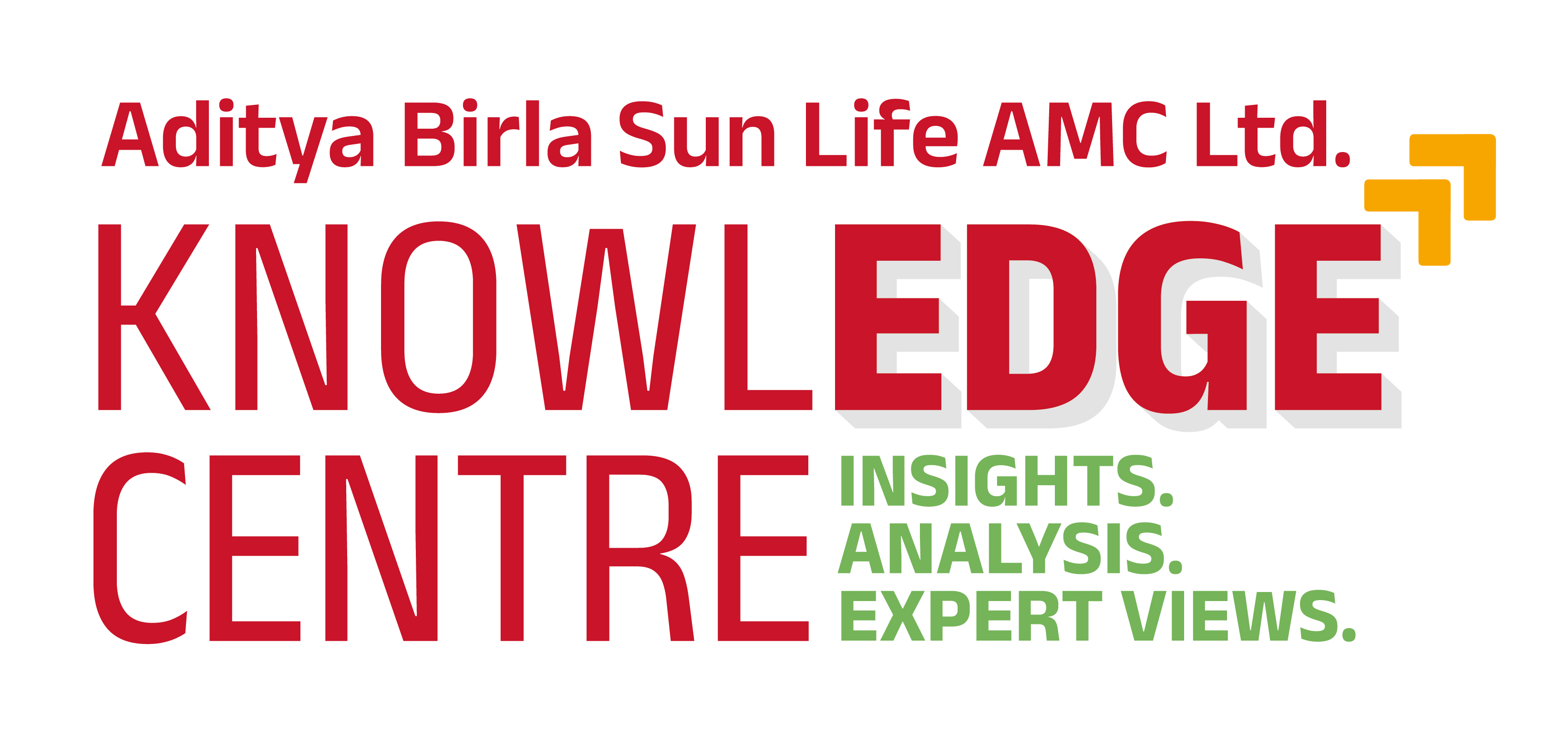-
Our Products
Our FundsFocus Funds
-
Self Care
Self-ServiceFind InformationWays To TransactPartner Solutions
-
Downloads
- Learnings
- About Us
-
More
-
Shareholders
-
Shareholders
-
Updates
-
-
SIP Calculators
- Back
-
Shareholders
The modern-day definition of ‘money saved is money earned’

Sep 09, 2024
5 Mins Read
 Amrita Panja
Amrita Panja
Listen to Article
In our increasingly digital world, financial literacy has become a cornerstone of economic stability and personal security. A recent report by the Indian Cybercrime Coordination Centre (I4C) revealed that digital financial frauds accounted for a staggering ₹1.25 lakh crore over the last three years. Digital payment frauds saw a more than fivefold jump to ₹1457 crore in the year ended March 2024 from the previous period, according to the Reserve Bank of India’s Annual Report. This comprises 29,082 card and digital payment fraud cases. When frauds below ₹ 1 lakh are taken into account, the total number of cases increases by 2.7 lakh, amounting to ₹ 653 crore.
These alarming statistics underscore the importance of sound financial knowledge and robust awareness programmes to empower individuals with the necessary information and skills to navigate the complexities of the modern financial world. By embracing financial knowledge, we can significantly counter online fraud, thereby safeguarding our assets. In today’s world, money saved is literally about saving your money from these traps.
Thirty years ago, understanding investments was a daunting task for many, with limited access to information and resources. Financial markets and investment opportunities seemed distant and inaccessible to the average person. The process was riddled with barriers: information was scarce, often requiring subscriptions to expensive journals or the struggle to find the right advisor. This inaccessibility made it difficult for individuals to independently form their investment strategies or make informed financial decisions.
Today, technology has dramatically transformed this landscape. The internet and digital platforms have democratized access to financial information and investment tools, making them available to anyone with a smartphone or computer. Online trading platforms, financial news websites, and investment apps have simplified the process of mutual funds and other financial products. Investors can now easily track market trends, read expert analyses, and execute their investments from the comfort of their homes. However, this increased accessibility comes with its own set of challenges. The internet is replete with resources that glorify investments and promise high returns, often without adequately highlighting the associated risks. The sheer volume of information can be overwhelming, and not all sources are reliable or trustworthy. It is easy to take a wrong turn online and fall victim to fraudulent schemes, which are becoming increasingly sophisticated.
To navigate the financial landscape safely and effectively, individuals can adopt several best practices, some of which are:
1. Follow Trusted Names: One of the most crucial steps is to rely on information from well-known and reputable financial institutions and experts. Trusted sources are less likely to provide misleading information or engage in fraudulent activities.
2. Beware of Fake Channels: Fraudsters often use social media platforms such as WhatsApp, Telegram, and even Facebook to pose as legitimate companies or financial advisors. They create convincing profiles and offer seemingly attractive investment opportunities and with the rise of artificial intelligence, the problem has become worse. Always verify the authenticity of these channels before following their advice or investing through them. Look for official websites, contact information, and regulatory approvals. Check back with the companies on their official contact information when in doubt. 3. Conduct Background Research: One of the most important rules of the internet is that you never hear from the people who lose money, people love to talk about their wins. Before making any investment, it is essential to thoroughly research the company or financial product. This involves looking for reviews from other investors, checking the regulatory status of the company, and ensuring they have a solid track record of performance. Websites like the Securities and Exchange Board of India (SEBI) provide valuable information about registered financial entities and any disciplinary actions against them. 4. Understand the Risks: A comprehensive understanding of the risks involved in any investment is crucial. High returns often come with high risks, and it is vital to evaluate your risk tolerance before investing. Educate yourself about different types of investments, the risks associated with each, and how they align with your financial goals. This will help you make more informed decisions and avoid investments that are too risky for your comfort level. 5. Consult a Financial Planner: Seeking the help of an authorised professional to give you investment advice and who has the expertise to make a financial plan for you will help you make informed decisions. Certified professionals have the wherewithal to guide you in navigating complex investment options, identifying potential red flags, and creating a diversified investment portfolio that matches your risk tolerance and financial goals. They can also offer insights into market trends and help you stay updated with regulatory changes that may impact your investments. By following some of these best practices, individuals can not only get on the path of wealth creation but also protect themselves from the pitfalls of making investment decisions based on advice from unauthorised self-proclaimed investment gurus or get shortchanged with online scams.
Sources: The views expressed in this article are for knowledge/information purpose only and is not a recommendation, offer or solicitation of business or to buy or sell any securities or to adopt any investment strategy. Aditya Birla Sun Life AMC Limited (“ABSLAMC”) /Aditya Birla Sun Life Mutual Fund (“the Fund”) is not guaranteeing/offering/communicating any indicative yield/returns on investments. The sector(s)/stock(s)/issuer(s) mentioned do not constitute any research report/recommendation of the same and the Fund may or may not have any future position in these sector(s)/stock(s)/issuer(s).
Co-written with Azad Parikh Mutual Fund investments are subject to market risks, read all scheme related documents carefully.
While it is important to be encouraged to invest, it is also essential to do so wisely and safely. This will not only protect individual assets but also contribute to the overall stability and growth of the economy.
https://www.thehindu.com/sci-tech/technology/digital-financial-frauds-in-india-a-call-for-improved-investigation-strategies/article67988607.ece
https://www.bloomberg.com/news/articles/2024-05-30/online-payment-frauds-jump-over-400-in-india-rbi-data-shows
https://timesofindia.indiatimes.com/business/india-business/beware-800-online-financial-frauds-a-day/articleshow/111241765.cms
You May Also Like
Loading...





 1800-270-7000
1800-270-7000









